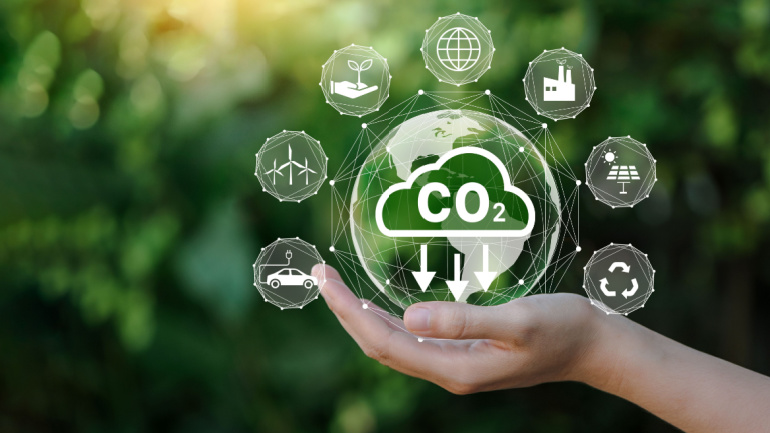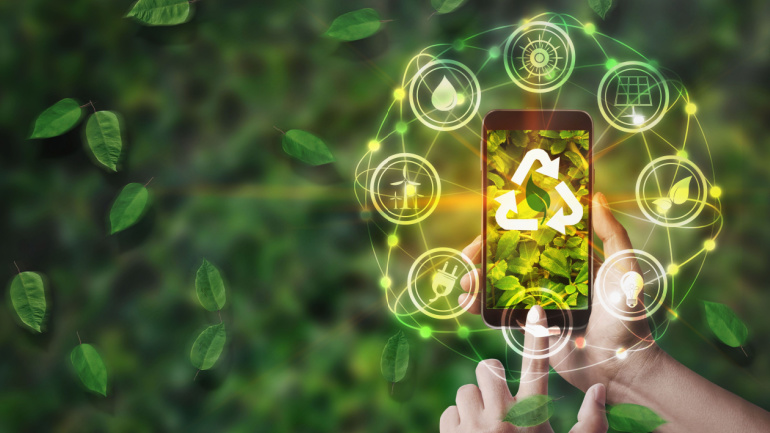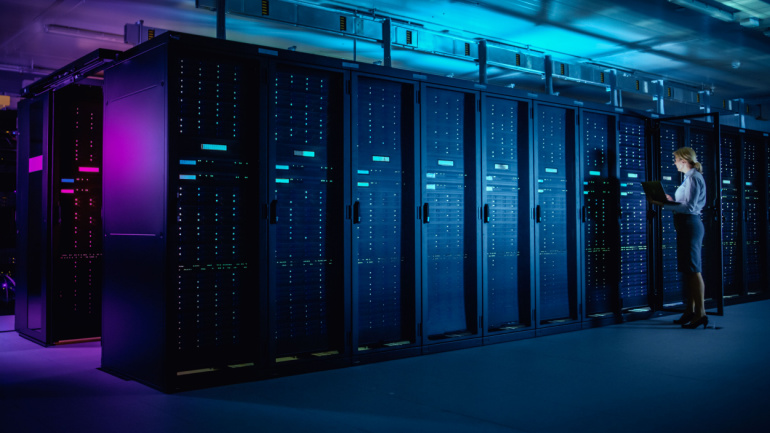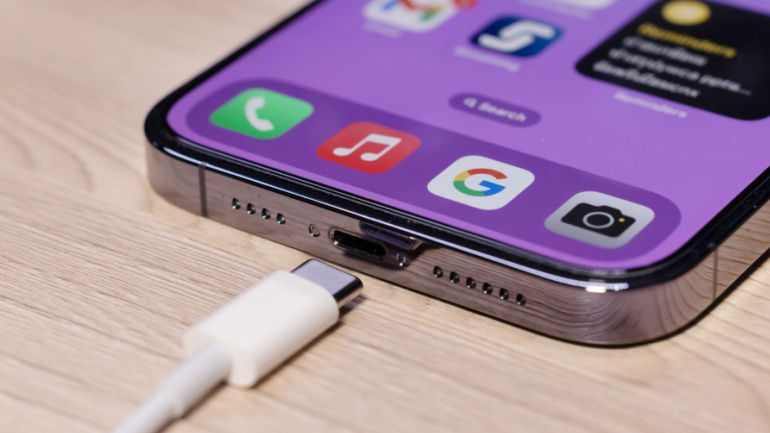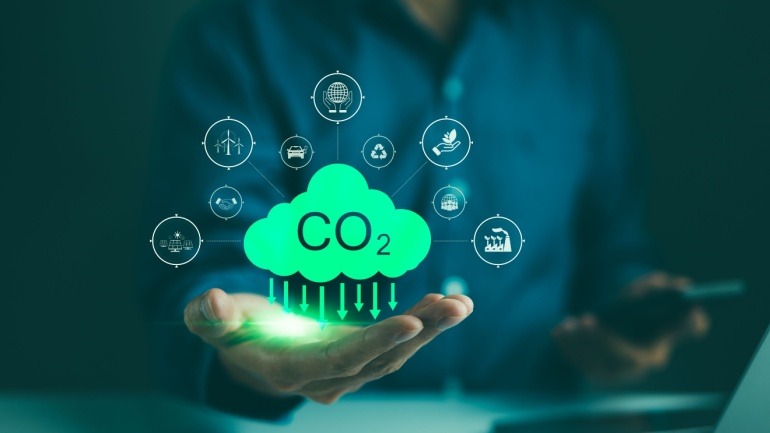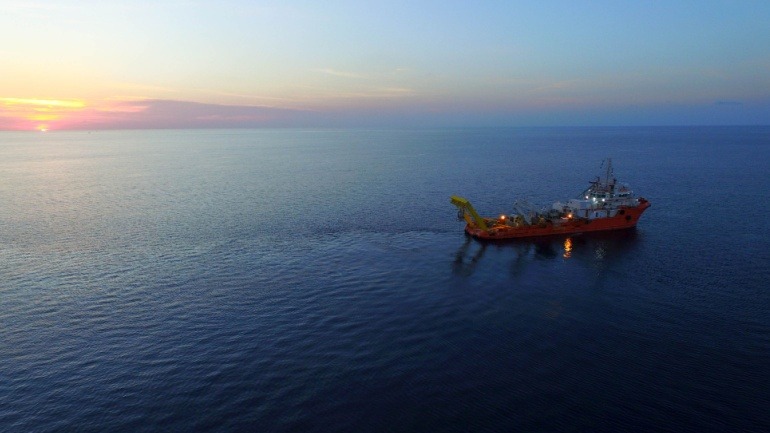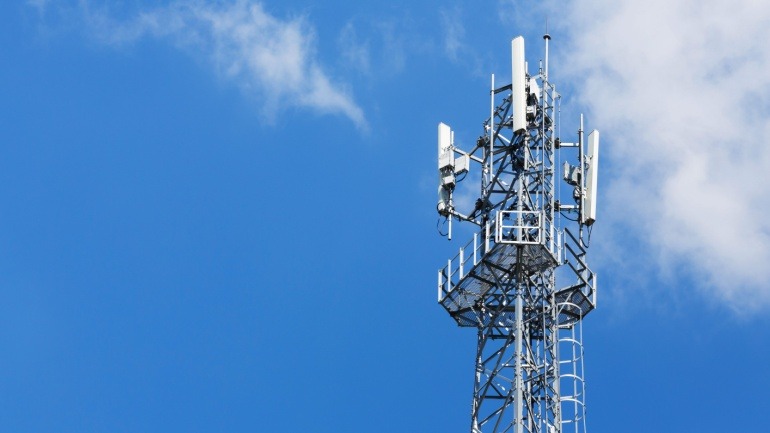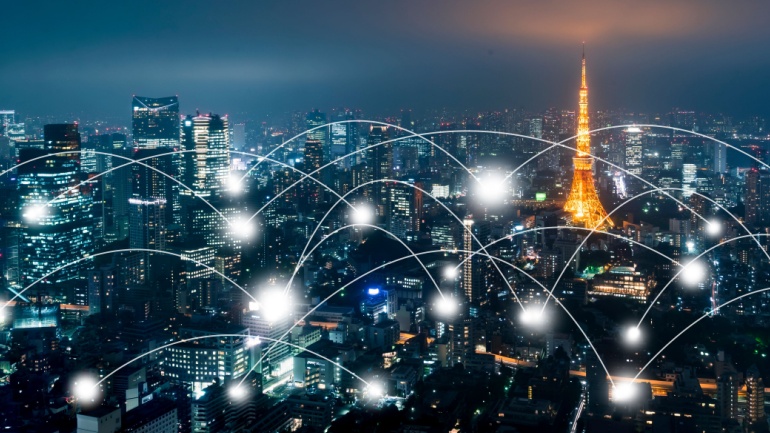Our digital age thrives on devices, but discards them at an alarming rate. This “telecom waste” – phones, laptops, routers – raises ethical concerns beyond just pollution. This article explores the environmental and social issues linked to telecom waste, and proposes solutions for a more sustainable future.
In a significant move at the Mobile World Congress this year, Orange has taken a step further in its environmental initiatives by enhancing its partnership with Cisco. This collaboration is not new, as Orange Business has been distributing Cisco solutions for over two decades. However, the addition of a Memorandum of Understanding (MoU) brings a fresh focus on environmental transparency and the shared goal of reducing greenhouse gas emissions (GHGs).
Telefonica, a leading international mobile operator, has made a strategic investment in Mitiga Solution, a pioneering firm dedicated to the management of climate-related risks. This move signifies a major step in combining advanced climate science with artificial intelligence to offer innovative solutions for assessing environmental risks.
China’s “dual carbon” mandate is reshaping data centers, creating an eco-conscious equilibrium between robust computational power and sustainability. Consider China Mobile’s Hohhot data center, built with Huawei, melding massive computational potential with cutting-edge energy-saving technologies.
Apple’s recent unveiling of four new iPhone models, with prices starting from £799, highlights the company’s steady stream of innovation. This release has also stirred debate among smartphone enthusiasts questioning the extent of the innovations, especially considering the premium pricing. Despite predicted criticism, Apple maintains its market dominance by committing to incremental upgrades, asserting a commitment to environmental responsibility, and boasting durable, low-bug products.
OVHcloud, a pioneer in European cloud services, significantly targets eco-friendly solutions. With Science-Based Targets initiative’s approval, the provider aligns with the Paris Agreement, aspiring to a 73.4% reduction in scope 1 and 2 emissions by 2030.
Recent submarine cable cuts in the Baltic Sea have raised concerns about deliberate sabotage, affecting vital data pathways from Sweden to Lithuania and Finland to Germany. Operators emphasize the need for increased network redundancy to ensure stable connectivity.
Ericsson and e& UAE’s partnership brings a 5G breakthrough with the advanced dual-band Massive MIMO radio, AIR 3229. This innovation enhances 5G services by boosting network capacity and eco-friendliness with reduced power consumption.
The escalating energy consumption by data centers poses critical challenges, with cooling systems driving immense power usage. As data centers expand, particularly to support emerging technologies like generative AI, power demands are mushrooming.
Celebrating 20 years of innovation, Softsource vBridge marks its expansion into Nelson, elevating its IT solutions. This strategic move allows the New Zealand-owned ICT leader to offer localized support, reflecting on adaptability to market changes.




